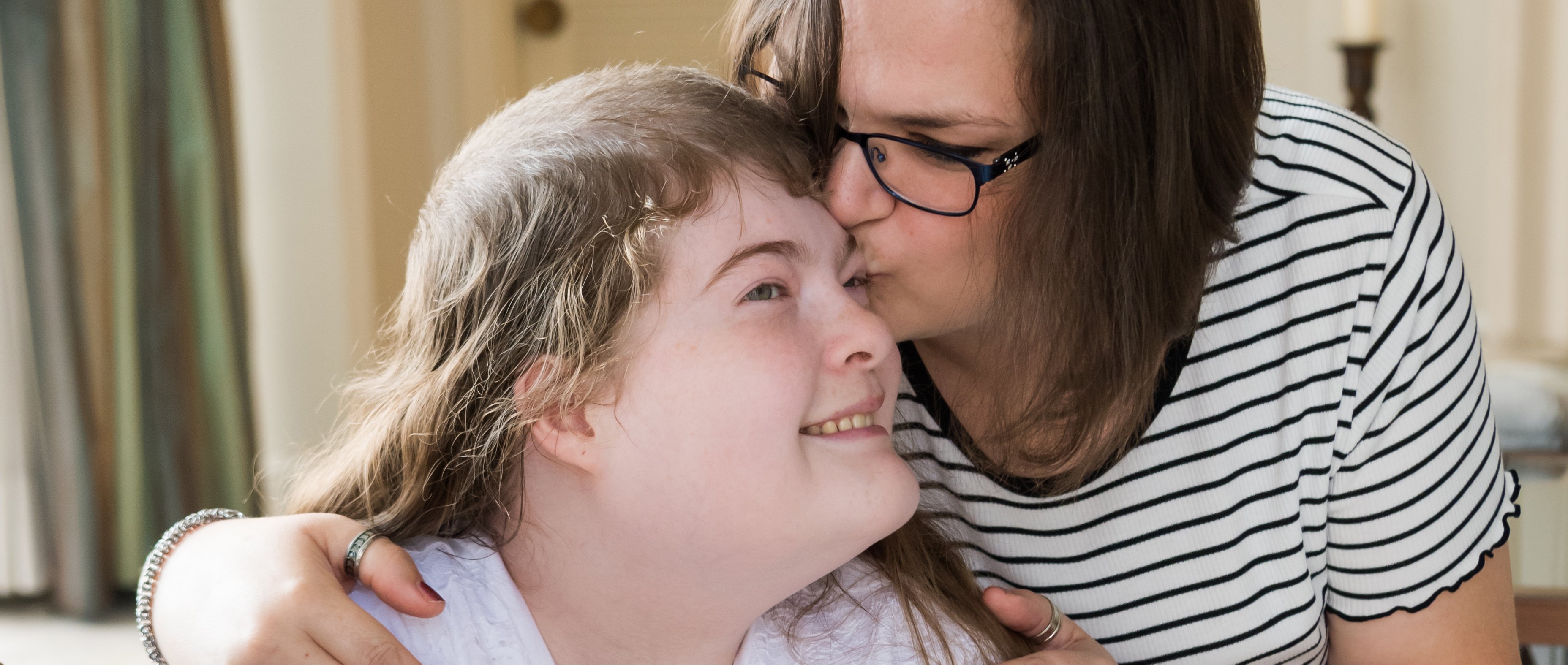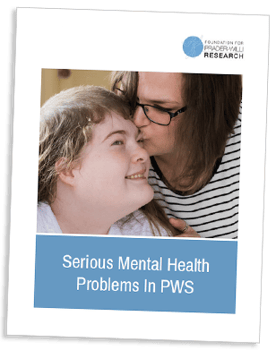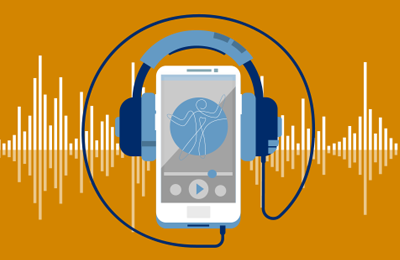
Mental health and behavioral problems are a significant challenge for many individuals with Prader-Willi syndrome (PWS) and can have a significant impact on quality of life and independence for both the person with PWS and their family. People with PWS are at a higher risk of developing depression, bipolar disorder and psychotic symptoms particularly while in their teens and young adulthood. Below, we will share how to identify changes in mental health, where you can go to get help and how to begin treatment, along with special considerations for people with PWS.
Look for changes in the person from their usual behaviors (their baseline):
If the above changes in usual behavior are not related to physical illness and have continued for more than 1-2 weeks, take the person with PWS for an assessment.

Start with their primary care doctor or mental health provider.
The Golden Rule for Medications in PWS = Start LOW Go SLOW = start with a low dose and evaluate symptoms, if recommended to increase medication, increase slowly and only 1 medication at time
When working to identify and treat mental health symptoms in people with PWS, there are several special considerations:
In the podcast below, Lauren Schwartz-Roth, PhD, clinical psychologist and mom to a young adult with PWS, shares how to identify and treat serious mental health issues in our loved ones with PWS.


The Foundation for Prader-Willi Research (federal tax id 31-1763110) is a nonprofit corporation with federal tax exempt status as a public charity under section 501(c)(3).



The mission of FPWR is to eliminate the challenges of Prader-Willi syndrome through the advancement of research and therapeutic development.
Copyright © 2020. All Rights Reserved. Terms of Use. Privacy Policy. Copyright Infringement Policy. Disclosure Statement.